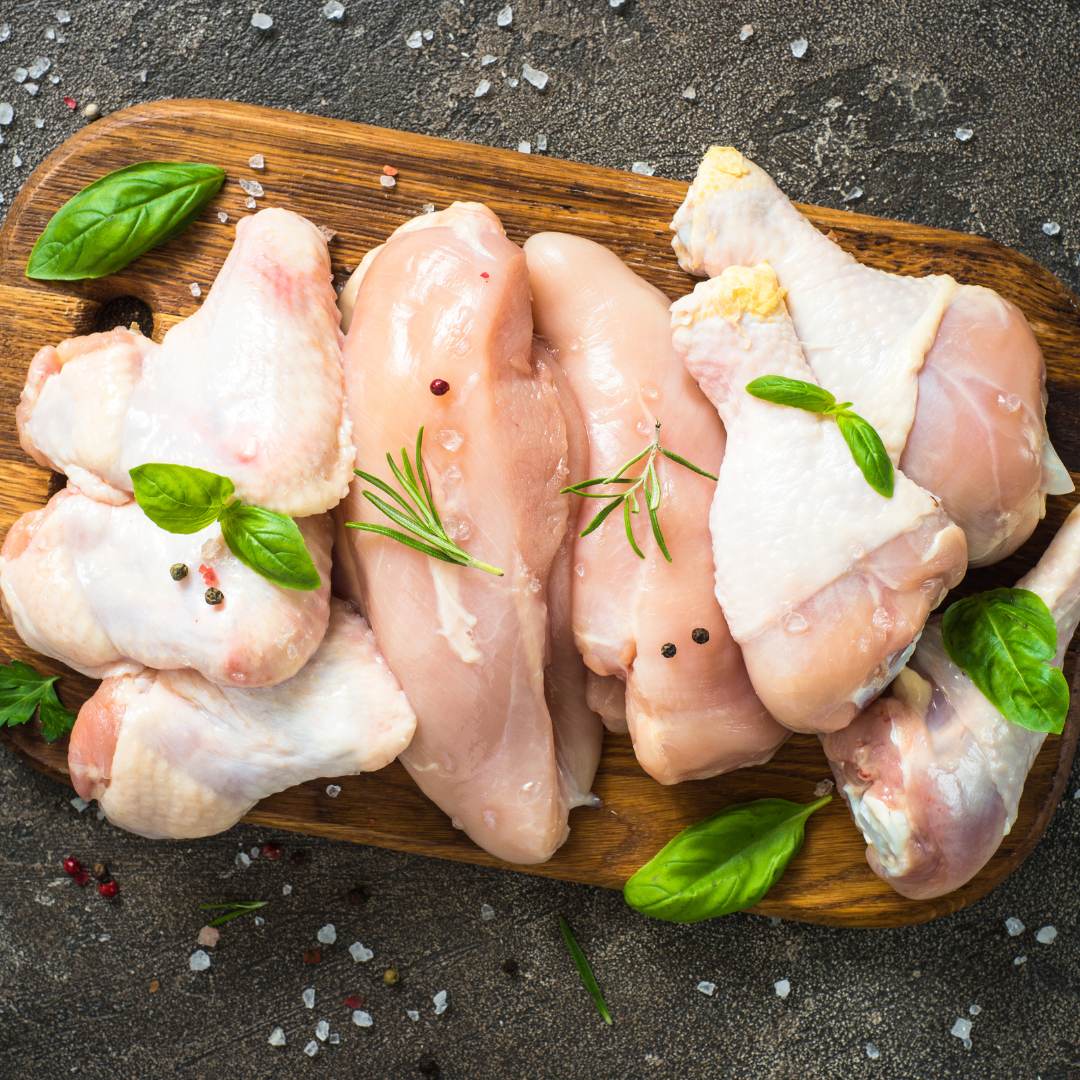
Irrational import bans on poultry, South Africa’s favourite source of protein, are inconsistent with global best practice, leading to unnecessary price inflation. These stands in stark contrast to the regionalisation measures introduced as part of the country’s recent trade agreement with China to boost beef exports, which will ensure steady, affordable supplies.
The Cost, Insurance, and Freight (CIF) price of one kilogram of mechanically deboned meat (MDM) – a key ingredient used to produce the processed meats such as viennas, sausages, and polonies which are a staple of many local diets – is currently some R9.46 in the Philippines. Yet, in South Africa, it is around R17.20/kg – nearly double. The reason? Grossly inconsistent trade practices and irrational import regulations.
Local poultry producers simply do not produce MDM in any meaningful quantity, leaving the overwhelming majority of manufacturers dependent on imports to fill the gap. But regulatory hurdles and irrational protocols unnecessarily inflate costs, with the result that South Africa pays nearly double for these products if compared to countries like the Philippines.
Demonstrating MDM’s importance to the local market, South Africa imports some 18,000 tonnes per month. Meanwhile, latest statistics show that the price of MDM leapt roughly 50% between February and July alone, as trading partners in Brazil implemented increasingly strict measures to meet the country’s rigid import standards – which carry severe cost implications.
For example, stringent standards regarding risks such as salmonella do not account for the role that heat treatment or even cooking can play in eliminating any pathogens. This oversight drives up the price of raw poultry products, placing a heavy burden on local households and businesses.
The case for heat treatment.
Heat treatment is a process of treating food products at a high temperature for a specific period to kill or reduce the level of microorganisms to safe levels so that the final product is safe for human consumption. This is a scientifically proven method widely accepted in most developed nations, including countries in the European Union (EU) and the United States of America (USA).
In fact, these countries generally do not insist on zero-tolerance stances toward salmonella in raw poultry due to the effectiveness of heat treatment in making this food safe for human consumption. South Africa’s approach to heat treatment is thus completely out of step with international best practices, as it is currently only permissible in select cases at the discretion of individual state vets – which means further uncertainty, risks, and costs for businesses.
Like the regulations already in place for the import of pork, poultry importers require a set of clear-cut, transparent, consistent, standardised protocols for heat treatment to better manage supply chains and stabilise prices.
This said, it’s important to clarify that no one is advocating for a relaxation of food safety standards. Rather, the call is for South Africa to adopt scientifically sound protocols that account for the realities of the poultry supply chain and avoid unnecessarily inflating costs. This is especially important when considering price-sensitive products such as MDM or chicken livers for school feeding schemes, which are both cooked extensively before being served.
Regionalisation and market access.
A final issue with current trade practices is South Africa’s inconsistent and irrational approach to regionalisation. For example, Agriculture Minister John Steenhuisen recently signed a critical trade agreement with China. This agreement will boost South Africa’s beef exports by allowing regionalisation or compartmentalisation in the event of any Foot and Mouth disease (FMD) outbreaks, ensuring that only affected provinces will be restricted, while beef exports continue from other areas.
In other words, we are enjoying the benefits of regionalisation in terms of beef, so why not extend this same courtesy to our poultry trade partners in the case of bird flu or Newcastle disease, rather than applying blanket bans and jeopardising supplies? Countries such as Namibia have already implemented regionalisation policies to the benefit of local manufacturers, job creation, and consumers, pointing to the many drawbacks of South Africa’s outdated and uneven approach.
Ultimately, it’s time to implement regionalisation protocols to prevent unnecessary import bans, and heat treatment protocols to ensure food safety at a lower cost. Fair trade practices benefit everyone – consumers, businesses, and even local producers. Given that chicken remains one of South Africa’s most popular and most affordable proteins, we deserve smarter regulations that serve the entire country’s best interests.




